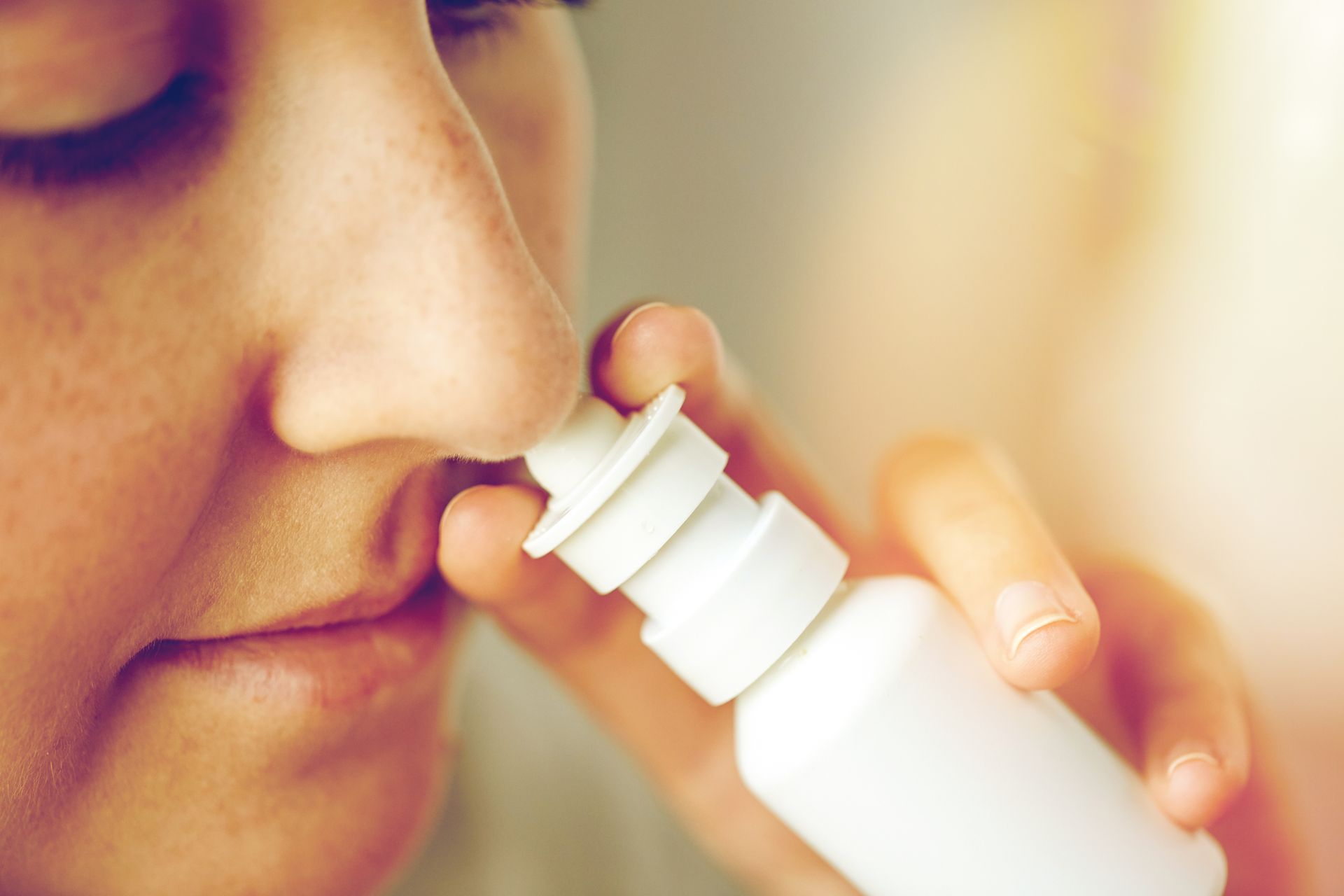How Dryness Causes Nosebleeds
Dealing with a nosebleed can be an unpleasant experience. While many factors can trigger nosebleeds, one of the most common culprits is the dryness in the air. Understanding the connection between dry air and nosebleeds can help you prevent and manage this common issue.
Dealing with a nosebleed can be an unpleasant experience. While many factors can trigger nosebleeds, one of the most common culprits is the dryness in the air. Understanding the connection between dry air and nosebleeds can help you prevent and manage this common issue.
The Role of Humidity in Nasal Function
The inside of our noses is lined with a delicate membrane that requires moisture to function properly. This membrane contains tiny blood vessels that can easily rupture. In environments with low humidity, the air lacks sufficient moisture, leading to the drying out of the nasal membranes.
Why Dry Air Leads to Nosebleeds
When the nasal membranes dry out, they become less flexible and more susceptible to irritation. Here are the key reasons why dry air often leads to nosebleeds:
- Increased Fragility: As the nasal membranes dry, they crack and become more fragile, making them prone to bleeding.
- Irritation from Crusting: Dry conditions often cause the mucus in the nose to thicken and form crusts, which can irritate the nasal passages when disturbed.
- Reduced Mucus Production: Mucus plays a crucial role in protecting the nasal passages from pathogens and irritants. Dry air reduces mucus production, leaving the nasal passages more vulnerable.
Common Situations Where Dry Air Prevails
Several common scenarios can lead to decreased humidity and increased risk of nosebleeds. In the Winter months, heating systems used during cold weather can significantly reduce indoor humidity. Air-conditioned environments can also remove moisture from the air. High-altitude areas also naturally have drier air, which can affect nasal health.
Preventing and Managing Dry-Air-Induced Nosebleeds
Knowing that dryness can cause nosebleeds, there are several strategies to help prevent and manage them:
- Humidify Your Environment: Using a humidifier can add moisture to the air, particularly during winter or in air-conditioned rooms.
- Stay Hydrated: Drinking plenty of water helps maintain overall hydration and supports mucous membrane health.
- Nasal Saline Sprays: Regular use of saline sprays can help keep the nasal passages moist.
- Avoid Nasal Irritants: Limit exposure to irritants such as smoke, strong odors, or pollutants, which can exacerbate nasal dryness.
Moisturize Your Nose
Nosebleeds can be a nuisance, but understanding that dry air is a common trigger helps us take proactive measures to prevent them. By managing our environment and maintaining good nasal care practices, we can significantly reduce the occurrence of this discomforting issue.











